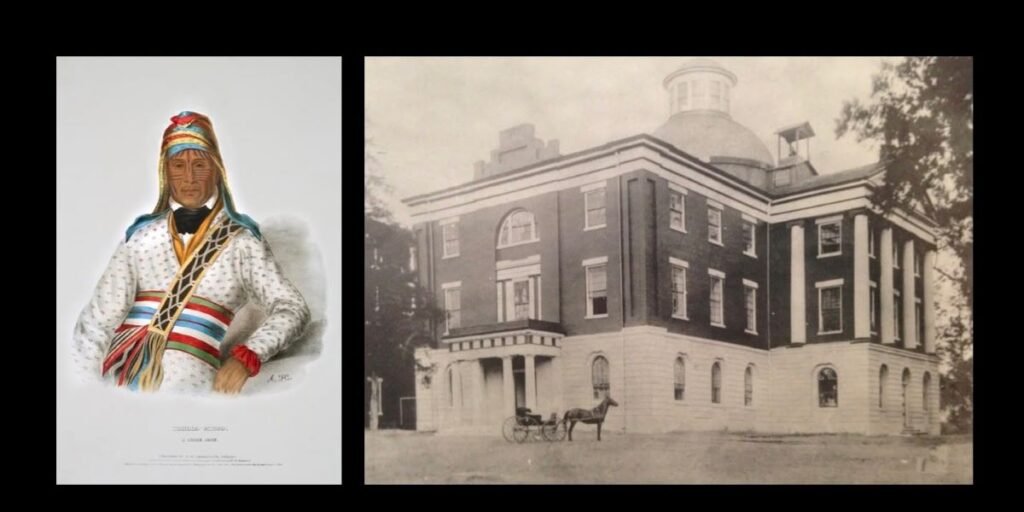Reflections on Chief Eufora’s Address to Alabama Legislature
In May 1836, which marks 189 years this month, Creek Indian Chief Eufora, who was also known as Yoholo Mikko among his people, addressed a joint session of the Alabama Legislature in Tuscaloosa. Eufora had led a significant number of his people along the “trail of tears” toward the designated Indian territory in Oklahoma. They traveled from Kuosa County, moving along the Huntsville road, burdened with their possessions and accompanied by horses.
Notably, First Lady Virginia Clay, the wife of Governor Clement Clay, observed that many in the city had witnessed a temporary Indian camp. She wrote about a lively scene along the riverside where tourists gathered to watch children learning to swim, tossing them into the water, creating a mixture of cultures and experiences.
Interestingly, after the Battle of Horseshoe Bend, General Andrew Jackson formed the Treaty of Fort Jackson, which facilitated white settlements across much of Alabama’s land. This influx prompted the Choctaw, Cherokee, and Chickasaw tribes to remind the settlers of their promises. Moreover, Jackson sent the national anthem’s author, Francis Scott Key, to act as a federal mediator in Tuscaloosa, but in the end, the Native Americans faced forced removal.
As Chief Eufora stepped forward to speak, the council members remained silent. He raised his right hand and began to share his thoughts:
“I come here to greet the brothers—those who build the great houses and make the laws of Alabama—and to bid farewell to my people before we are taken to where my ancestors now rest.” He added, reflecting deeply, “It seems white men are eager to push my people from our homes, burdening us with incomprehensible laws.” He lamented, “In these lands, once held dear by my ancestors, where our bones lie buried, the Indian fires have gone cold, and new fires are now lit for us in the West.”
With a sense of resignation, he expressed, “I don’t think our great father wants to harm us, but he has immense expectations. We depart with goodwill for the citizens of Alabama—the builders of the great houses and enforcers of the laws.” He concluded simply, “This is all I have to convey.”
Historical accounts suggest that tears were shed by both Eufora and some legislators during this poignant farewell. After his address, the old chief exited the Capitol building, waving as he made his way back to the tribal camp.
A few days later, the tribe gathered their belongings and left their camps, traveling through Mississippi, Louisiana, and Arkansas toward their exile in Oklahoma. Today, historical markers in honor of Chief Eufora and his speech can be found near the remnants of the Capitol in Tuscaloosa. Another prominent marker stands in Eufora, a city in South Alabama named after him.
After Montgomery became the state capital in 1849, the Tuscaloosa Capitol was used by Alabama Central Mess College until 1923.







